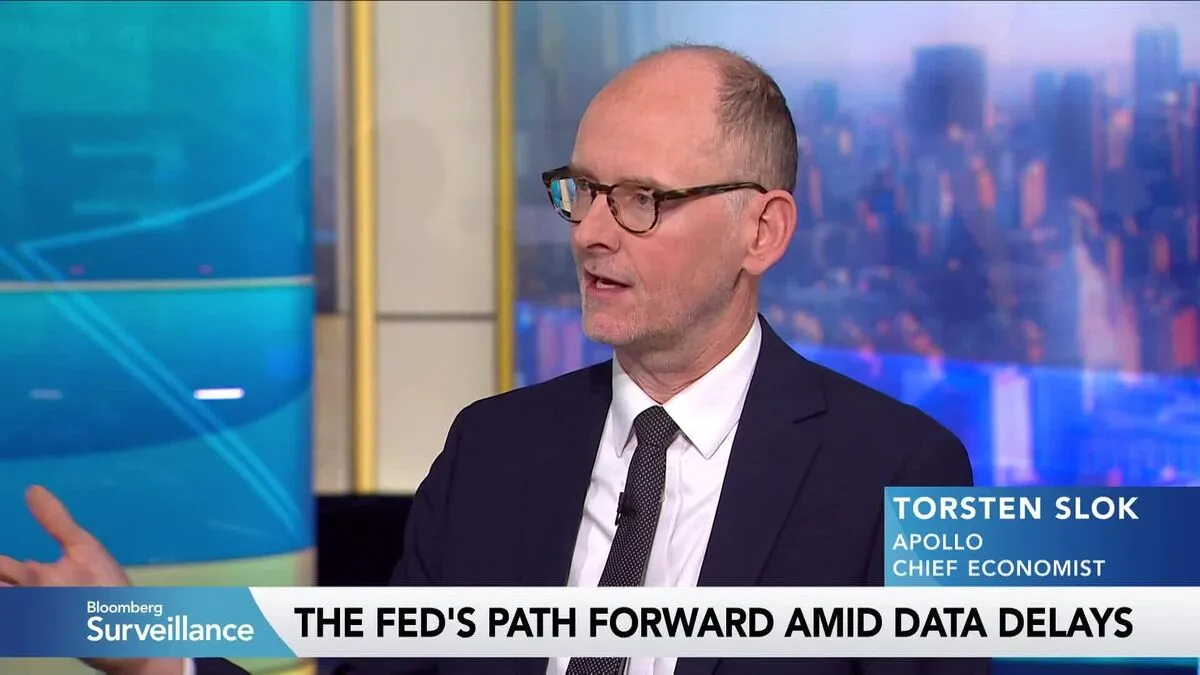«`html
Economist Torsten Slok Challenges Data-Driven Justification for Fed Rate Cuts
Torsten Slok, the chief economist at Apollo, has recently explored insights gained from alternative data regarding the US labor market. His analysis raises important questions about the Federal Reserve’s potential rationale for cutting interest rates in December, particularly if the central bank claims to be guided by data.
Slok’s examination delves into the evolving dynamics of the labor market, emphasizing the significance of alternative data sources that may provide a more nuanced view than traditional economic indicators. As the Federal Reserve contemplates its monetary policy strategies, understanding these labor trends could be pivotal in informing their decisions.
The central bank’s stance on interest rate adjustments hinges on various economic signals, and Slok’s insights challenge the notion that a straightforward, data-dependent approach will suffice. The economist’s perspective invites a deeper discussion on how the Fed interprets labor market indicators and the broader implications for economic stability.
As we approach December, the debate surrounding interest rate cuts continues to intensify, with economists like Slok urging a careful consideration of the underlying data. His analysis not only contributes to the ongoing discourse regarding monetary policy but also underscores the need for a comprehensive understanding of the labor market’s complexities.
For those following economic trends, Slok’s findings serve as a crucial reminder that reliance on traditional data may not capture the full picture, potentially influencing the Federal Reserve’s decisions in the coming months.
«`
Source: Original
